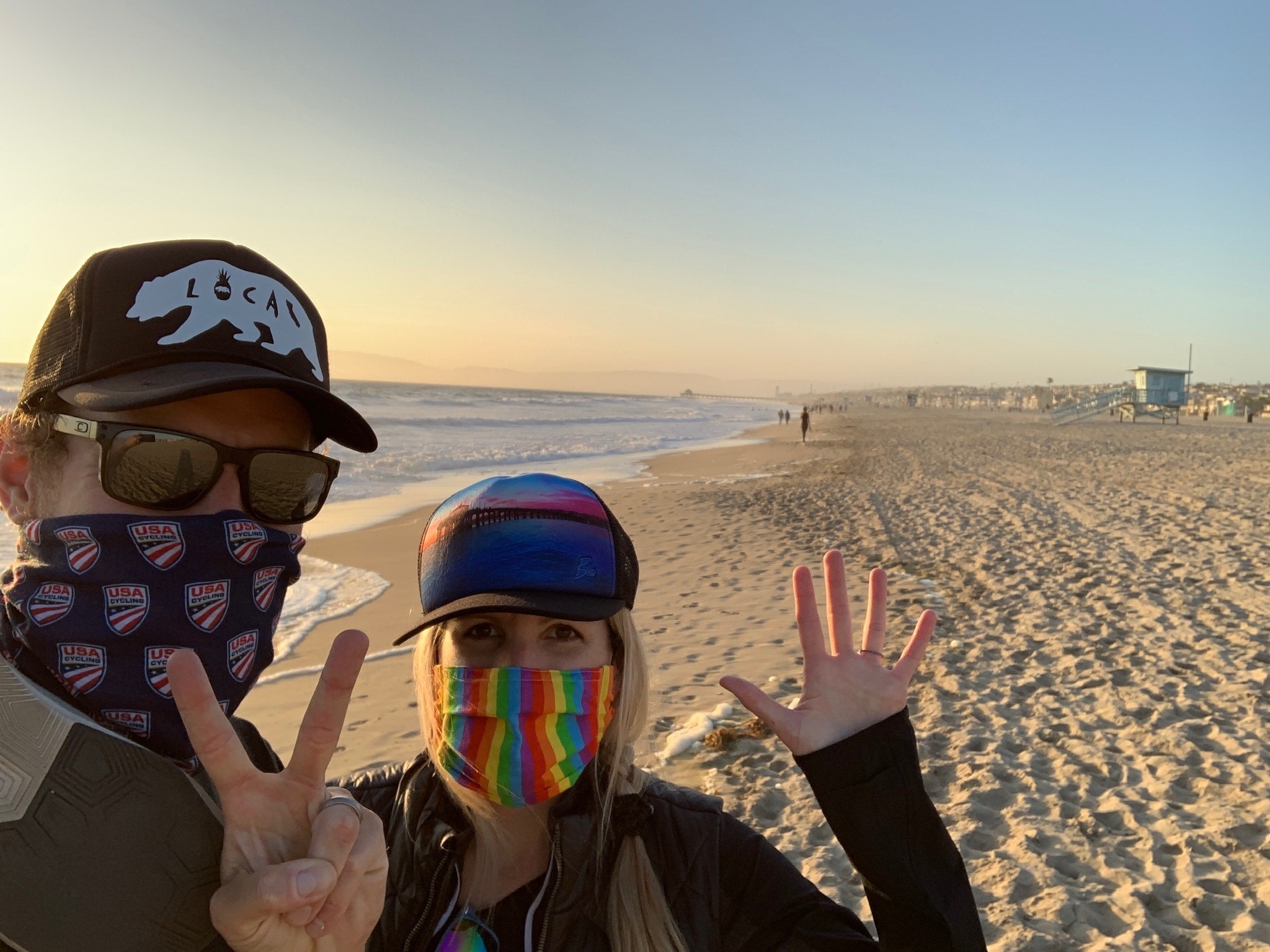You were able to book that vaccination appointment (finally!). If you are lucky, you’ve already completed the vaccine regimen – two doses for the Pfizer or Moderna vaccine, or a single dose for the Janssen/Johnson & Johnson version. Now that you’re vaccinated, it’s not quite time to toss those face masks in the trash – here’s ten things the Centers for Disease Control & Prevention say you can or should do as a vaccinated individual:
1. Wait two weeks – Regardless which vaccine you receive, you’re not considered fully vaccinated until two weeks after your last dose in your vaccine regimen – one shot for Johnson & Johnson, two for Pfizer or Moderna. This gives your body time to develop the antibodies to fully protect you from the COVID-19 virus.
2. Keep your vaccination card off social media – In their post-vaccination euphoria, many people are posting pictures with their card on social media. Be careful doing this, as there is some personal information, like your date of birth, that could be used by scammers or other unsavory types.
3. Continue to protect yourself and others by wearing a face mask and staying six feet from people outside your household. We’re still learning how effective the vaccines are against variants of the virus that causes COVID-19 – continuing to take steps to slow the spread of the virus will protect you and those around you.
4. Wash your hands – frequently. Pandemic or not, this is just good hand hygiene and one of the best ways we can protect ourselves from illness, be it COVID-19, the common cold or the flu. Wash with water and soap for 20 seconds or more or use an alcohol-based hand sanitizer that is at least 60% alcohol.
5. Take photos of your vaccination card – You should get a vaccination card that tells you what COVID-19 vaccine you received, the date you received it, and where you received it. Keep your vaccination card in case you need it for future use. Consider taking a picture of your vaccination card as a backup copy.
6. Back to the office? Follow your employer’s COVID-19 guidelines. With vaccines, people are starting to head back to the workplace. Keep in mind there are going to be new rules and regulations in place, designed to keep you and your co-workers safe. Wipe down your workspace, keep your mask on and keep your distance from others.
7. Get outdoors! Experts recommend avoiding crowds and poorly ventilated areas. Many restaurants are still providing outdoor seating to allow their guests to eat in an area with good air circulation.
8. Visit with other people – But take care. You can gather indoors with fully vaccinated people without wearing a mask or staying six feet apart. If others are not yet vaccinated, the CDC advises no more than two households at a time. You can gather indoors with unvaccinated people of any age from one other household (for example, visiting with relatives who all live together) without masks or staying six feet apart, unless any of those people or anyone they live with has an increased risk for severe illness from COVID-19.
9. Travel advisories – The CDC just announced that vaccinated individuals can travel throughout the U.S. with no need to quarantine after their travels. Continue to pay attention to travel advice from authorities, particularly if you’re planning on going to another country – many still do not permit international tourists until vaccines are more readily available worldwide. Fully vaccinated people do not need to self-quarantine after arriving in the U.S. If you do travel internationally, you should still get tested 3-5 days after travelling. On April 5, the Los Angeles County Department of Public Health updated their travel advisory, acknowledging that fully vaccinated persons are at lower risk and may travel taking public health precautions, but reminding residents that non-essential travel should be avoided.
10. Watch out for symptoms of COVID-19. No vaccine is 100% effective. Pay attention to your health and if you are showing symptoms of COVID-19, stay home from work or that outing you had planned. Now that you’re vaccinated, if you are one of the few to contract COVID-19, your experience should be less severe than a non-vaccinated person. Be alert and if you have symptoms, do your part – stay home and slow the spread of this virus.
(Sources: https://www.cdc.gov/coronavirus/2019-ncov/vaccines/fully-vaccinated.html and https://www.cdc.gov/coronavirus/2019-ncov/vaccines/expect.html )




